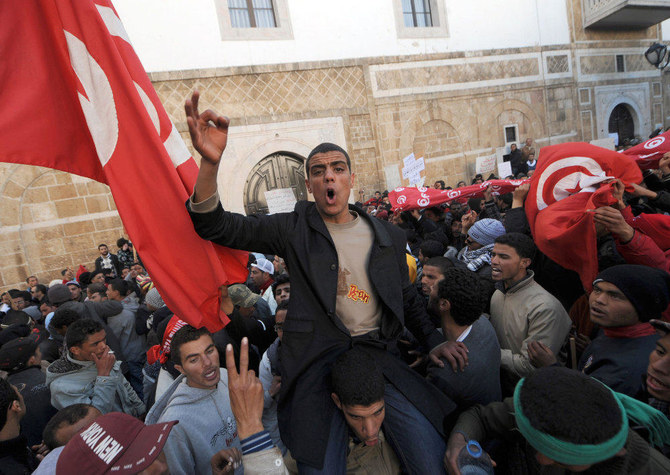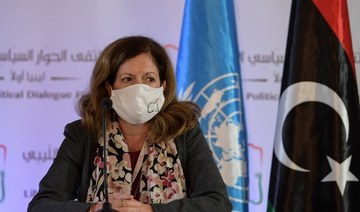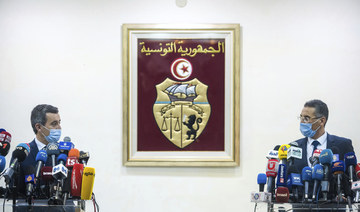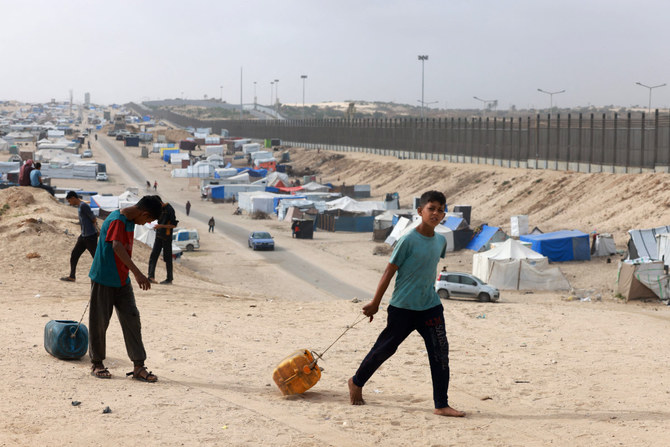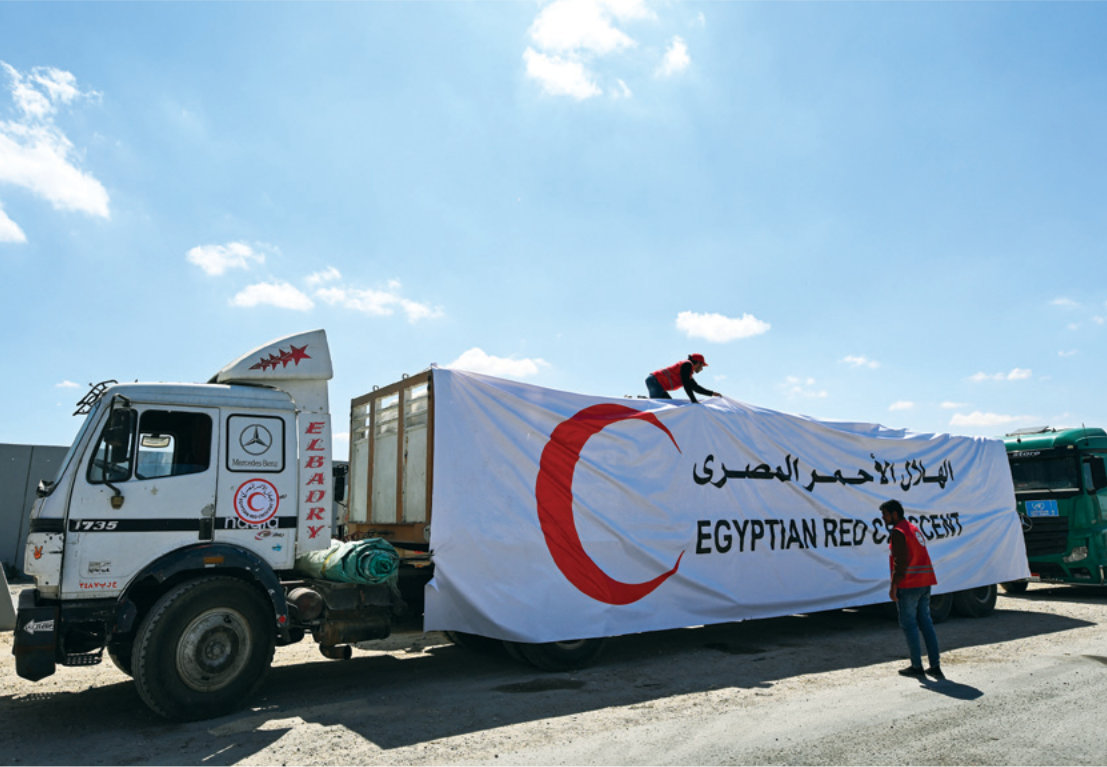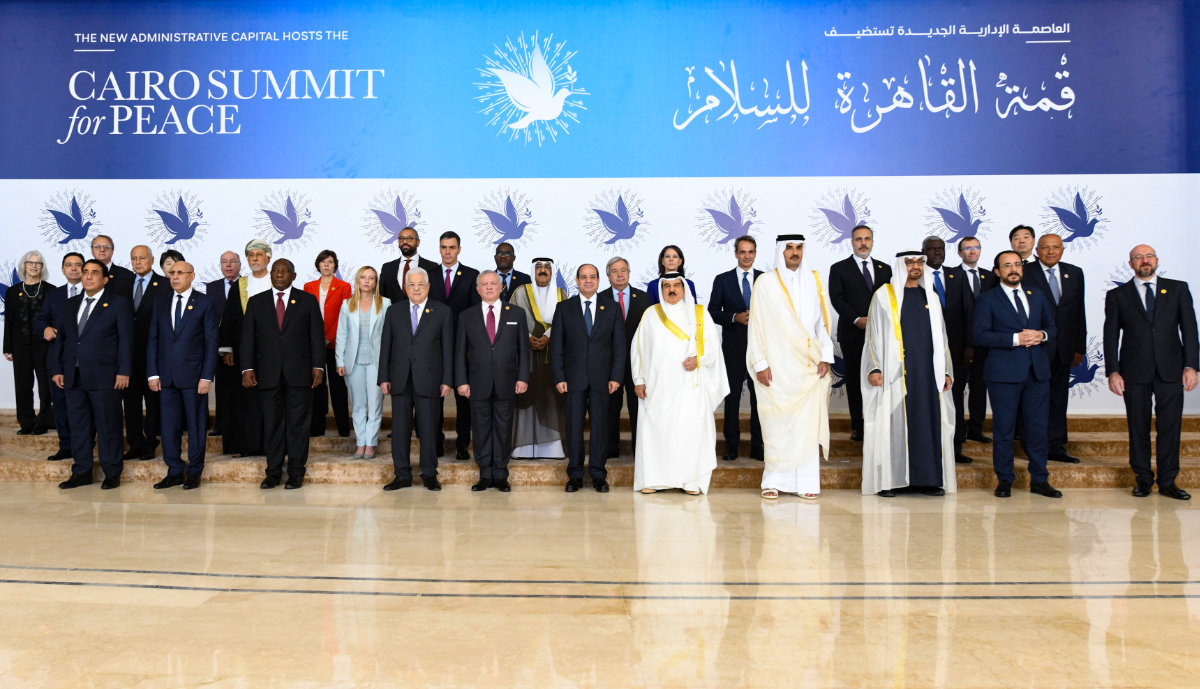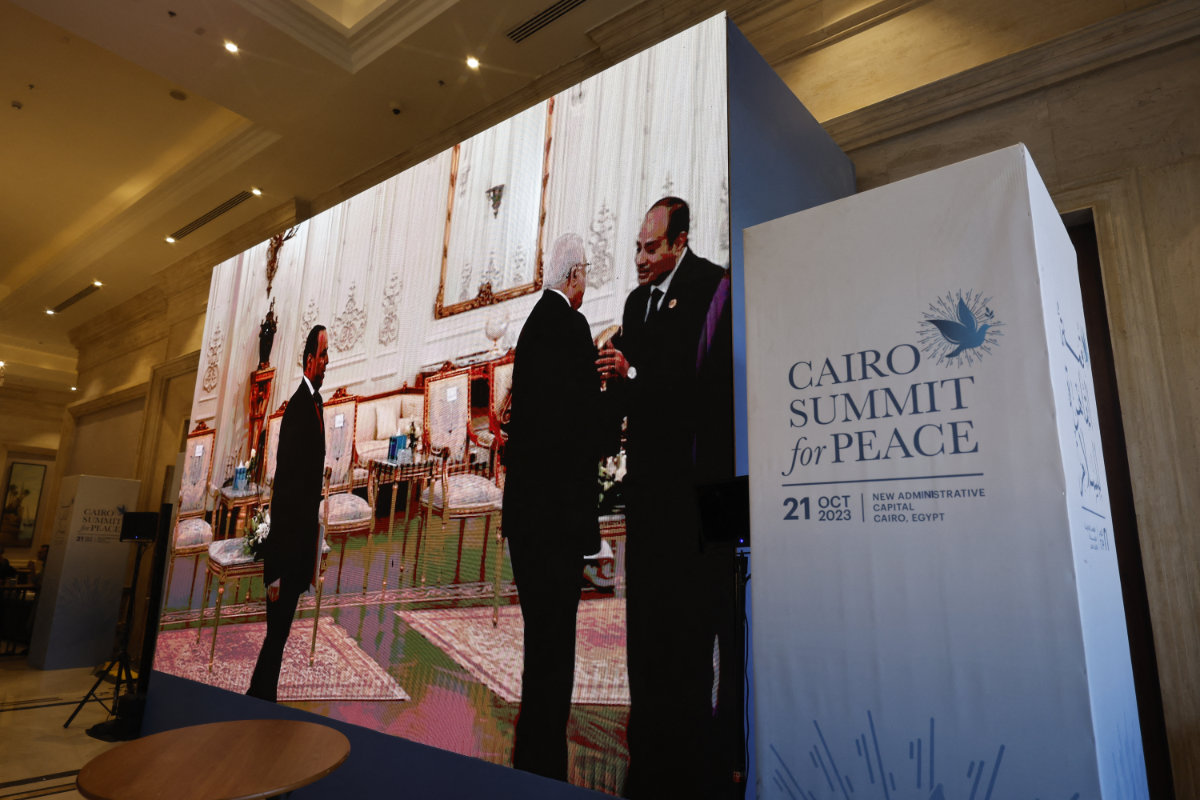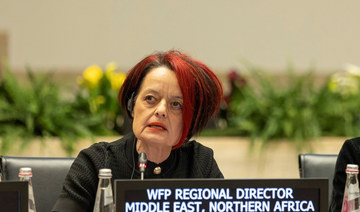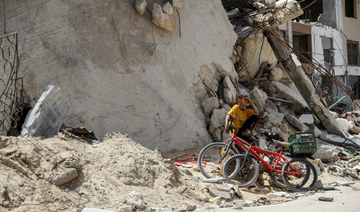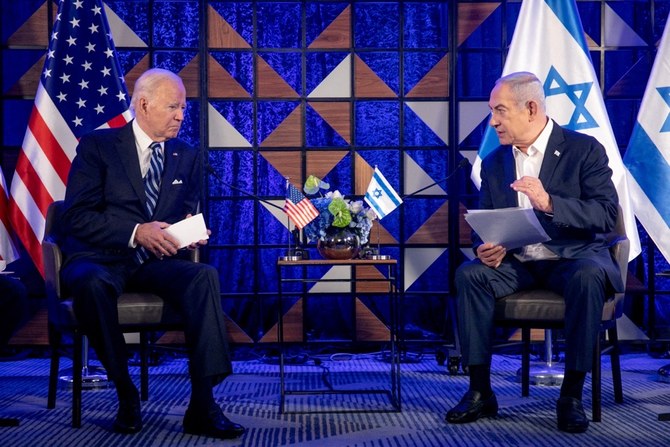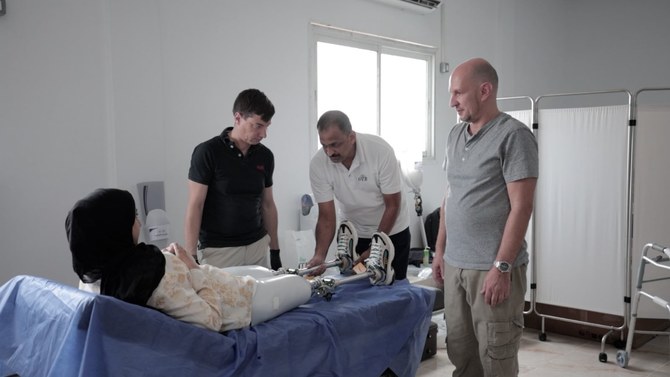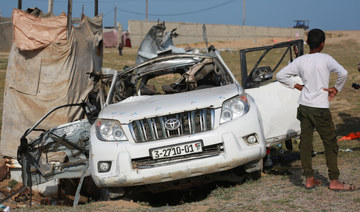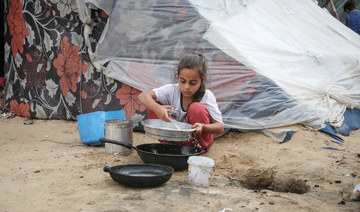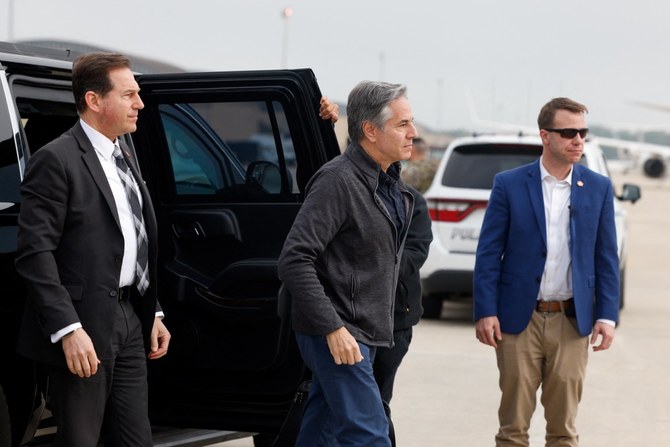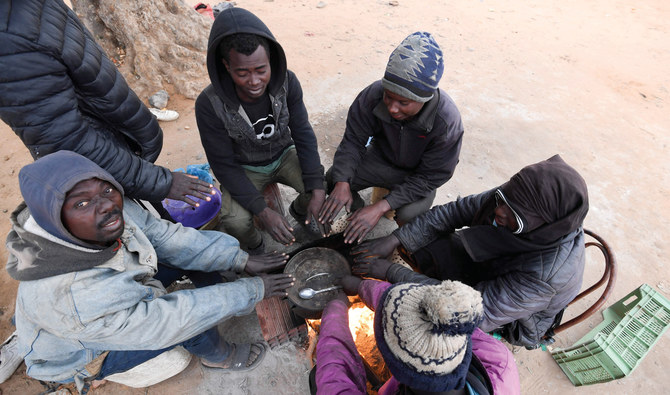TUNIS: “The revolution showed me that everything is possible,” says Ameni Ghimaji, remembering the heady days of the Tunisian protests that sparked the Arab Spring uprisings a decade ago.
She was just 18 when Tunisian dictator Zine El Abidine Ben Ali fell from power, the first casualty of wave upon wave of demonstrations across the Middle East and North Africa which saw some iron-fisted leaders tumble, some brutally cling on and nations convulse in years of upheaval, conflict and civil war.
“We had no plan for the future, but we were sure of one thing: anything has to be better than this,” added Ghimaji.
Ben Ali was ousted just hours after she was photographed, shouting and pumping her fist in the air, at a massive Tunis anti-regime rally.
Her picture swept the front pages and she became an iconic image of the youth in peaceful revolt.
The Tunisia protests were triggered when an impoverished street vendor set himself alight on December 17, 2010, weighed down by despair.
His shocking act of self-violence ignited long simmering tensions among young people, angered by Ben Ali’s corrupt, nepotistic regime and hungry for new opportunities.
Less than four weeks later, Ben Ali had fled into exile, ended his 23-year rule and, drawing courage from his ouster, protesters began gathering elsewhere.
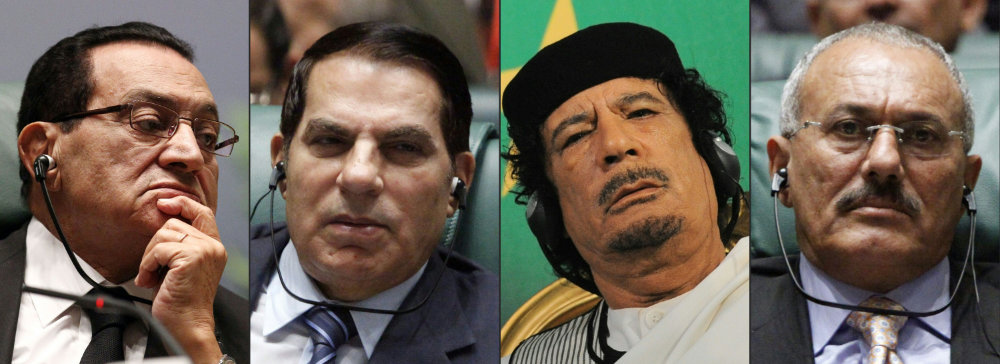
This combination of pictures created on November 8, 2020 shows Egyptian President Hosni Mubarak (L), Tunisia's President Zine El Abidine Ben Ali (2nd-L), and Yemen's President Ali Abdullah Saleh (R); and Libyan leader Moamer Kadhafi (2nd-R) . (AFP)
No magic potion
Today across the Arab world, the 2011 uprisings have been blamed for opening the floodgates to violence and economic ruin, leaving millions of refugees and displaced, while countless others have had their lives blighted by chaos.
But for those who were there, the early demonstrations were times of exhilaration and hope.
On January 14, 2011, social networks were flooded with footage of lawyer Abdennaceur Aouini defying a curfew to stand in the iconic Avenue Habib Bourguiba of central Tunis, shouting: “Ben Ali has fled!“
It felt like “revenge. Since I was 18 I’d been hassled and imprisoned,” Aouini, now aged 50, said.
But today, he admits he feels “disappointed.”
“There is always hope. But I was in a dream, today I have come to my senses,” added Aouini.
Despite the political freedoms Tunisians have won, they still face grinding unemployment, inflation and inequality.
“People thought that Ben Ali’s departure would fix things, but that will take 20, 30 years,” said lawyer and activist Houeida Anouar.
“I’m not sure that within my lifetime I’ll see a Tunisia with a political scene worthy of the name, but I’m optimistic.”
Libya's revolution “was necessary”
While Tunisia does have a hard-won constitution, a flawed but functioning parliamentary system and free elections, state repression has descended again on Egypt after a brief flirtation with democracy.
“Ten years on, you can see that the hopes are still there within the younger generation, a generation that were little kids at the time of the uprising,” said Mohamed Lotfy, 39, executive director of the Egyptian Commission for Rights and Freedoms.
But “the government is doing everything it can to kill that dream of January 25” 2011 when thousands marched in Cairo and other cities, demanding the departure of president Hosni Mubarak and “bread, freedom and dignity.”
Worse still is the situation in Libya, Yemen and Syria, where initially peaceful uprisings sparked civil wars that have laid waste to cities and killed hundreds of thousands of people.
But that’s not how it started, according to Majdi, a 36-year-old Libyan, who took part in protests against dictator Muammar Qaddafi a decade ago.
“We were watching what happened in Tunisia and Egypt,” he said. “It was our turn, change was inevitable.”
Protesters’ demands were “just a bit more freedom, some justice and some hope for the young people who didn’t have any,” he said.
Initially “there was no talk of overthrowing the regime.”
But the regime’s bloody response provoked a call to arms.
Qaddafi’s killing while on the run in October 2011 plunged the country into a decade of violent chaos.
“With hindsight, I don’t think we knew how much damage Qaddafi had done to the foundations of the state,” Majdi said.
Yet he insists he has no regrets: the revolution “was necessary, and I still believe in it.”
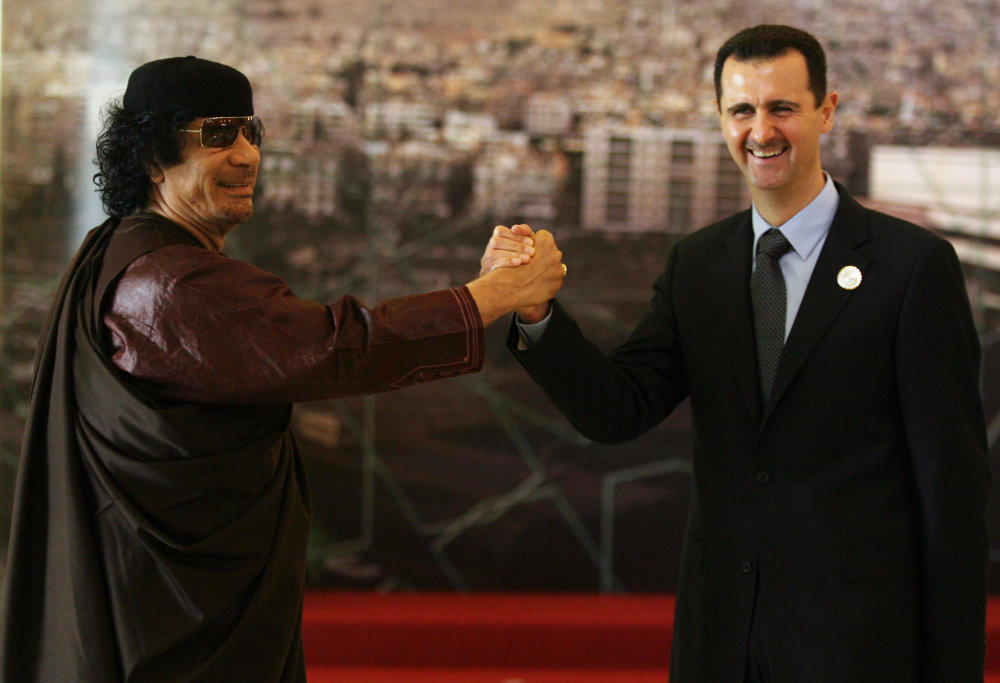
In this file photo taken on March 29, 2008, Syrian President Bashar al-Assad (R) shakes hands with Libya's late leader Muammar Qaddafi at the opening session of the Arab Summit in Damascus. (AFP / HASSAN AMMAR)
“Syrians were only calling for reforms”
“We were only demanding reform,” said Dahnoun, a Syrian.
He joined some of the country’s first protests against President Bashar Assad, and recalled “no chants were calling for division, or fighting, or war. On the contrary, it was very peaceful.”
“I remember, we used to chant ‘freedom, freedom, freedom’ and nothing else,” Dahnoun told AFP by phone from Idlib city.
But the movement was met with unremitting violence, including on some occasions the once taboo use of chemical weapons by Syrian regime forces, charges that Damascus denies.
“During that first protest we were attacked by regime thugs and security forces,” said Dahnoun, who was 15 at the time.
As in Libya, the worsening situation in Syria drew in outside nations, seizing both an opportunity to boost their sway and minimize regional turbulence.
“We were played by foreign powers, and now Syrians have zero say and external players have the last word,” he said.
“I don’t have hope... Syria is not ours anymore.”
A crushing 2015 intervention by Russia to prop up the Syrian regime saw Damascus claw back swathes of territory that had been held by opposition forces, and Assad now controls over 70 percent of the country.
But a brutal economic crisis, accentuated by Western sanctions, has seen the government criticized from all sides, even those who did not support the revolution.
Abu Hamza, a teacher from Daraa where the first demonstrations of the Syrian revolution began, says people have “no loyalty” toward the regime.
“When you are hungry, you have no more fear,” the father-of-three told AFP by phone from Daraa.
“I’m dead either way. I’ll either be killed by tanks or by hunger.”






